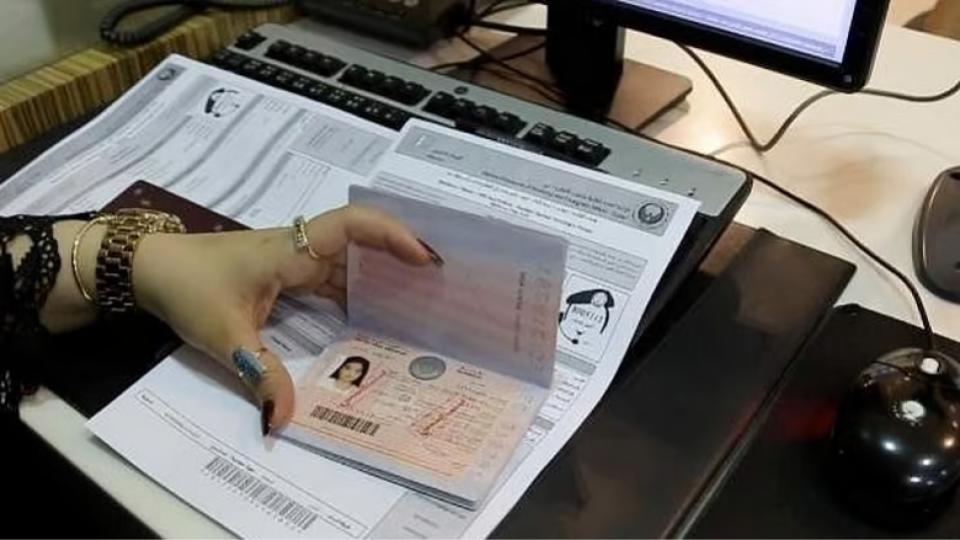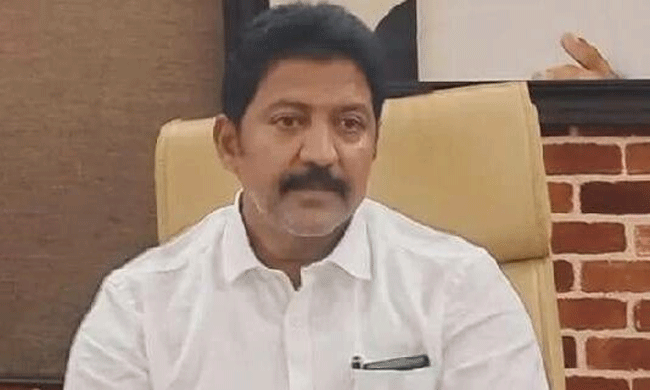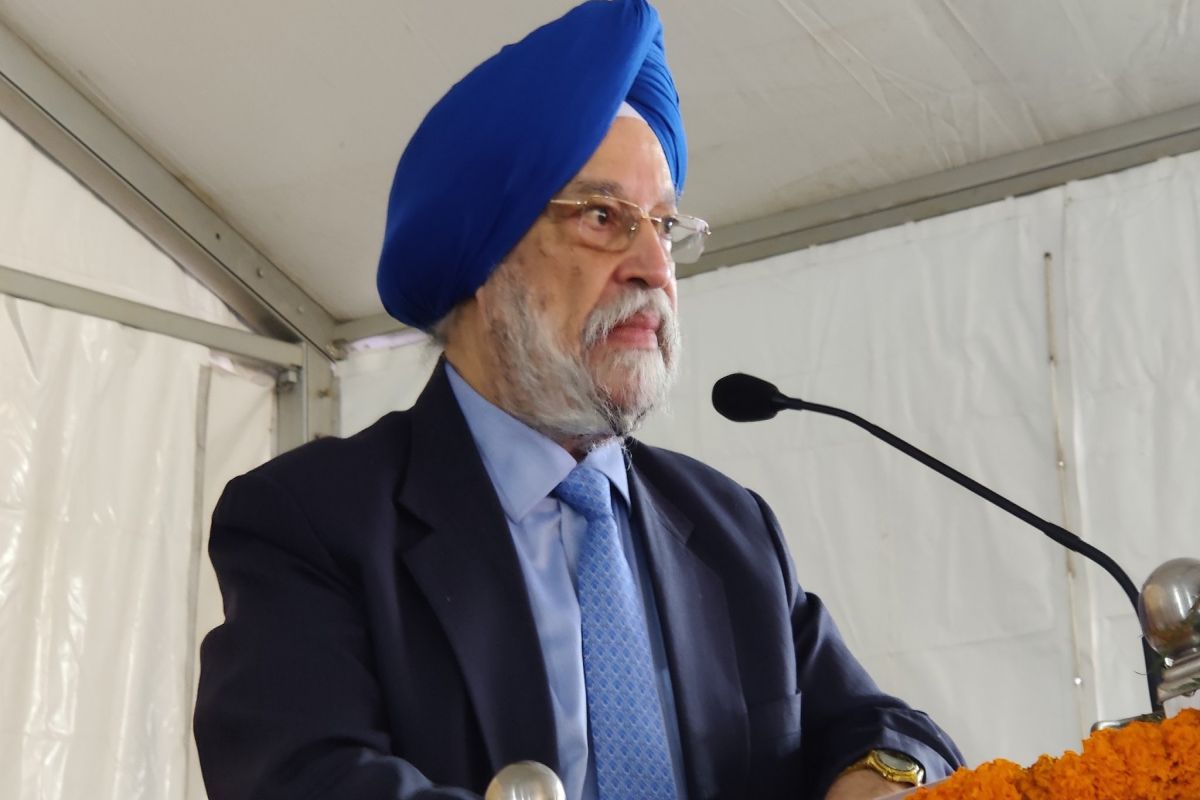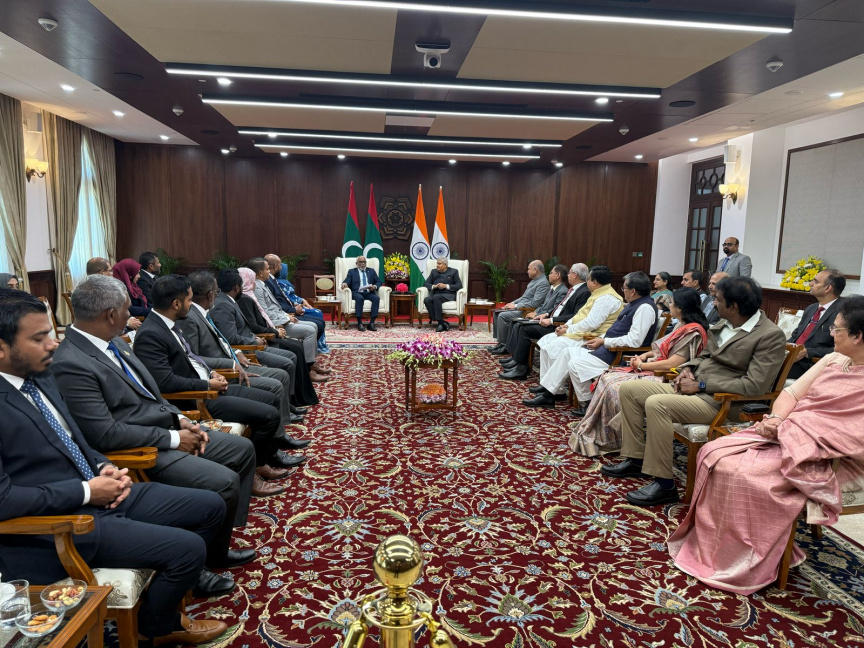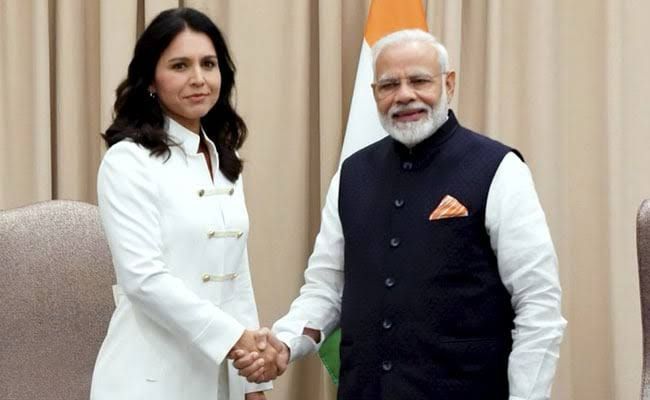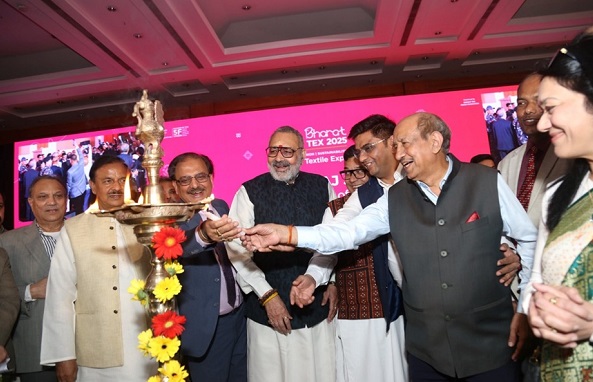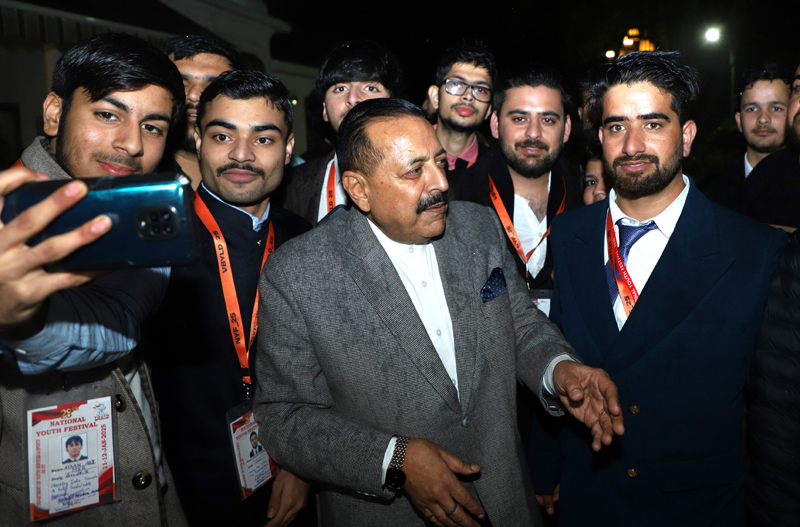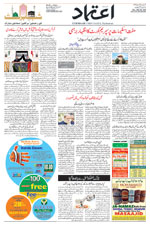Donald Trump administration misses deadline on H4 notification
Tue 03 Jul 2018, 13:37:48
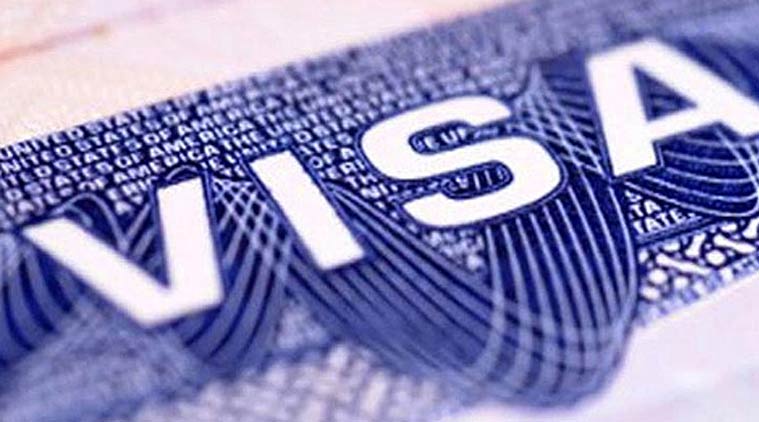
Washington: The Trump administration has failed to meet its deadline for the second time this year to issue a notification with regard to its decision on terminating work authorisation of H4 visa users, who are spouses of H-1B visa holders.
The Department of Homeland Security had informed a US court in March that it was working to issue a Notice of Proposed Rule Making in June this year.
At the end of the month of June, the DHS did not give any explanation for not issuing the NPRM, which would have formally kicked off the process to terminate the Obama-era decision to provide work authorisation to spouses of H-1B visa holders.
“I have no updates to provide at this time,” a DHS official told PTI, noting that he can’t speculate on when a decision would be made.
Multiple times this year, as late as early June, the DHS had insisted that there was no change in its plans to rescind the Obama-era rule of providing authorization to certain categories of H-4 visas holders. Indian women spouses of H-1B visa holders have been beneficiaries of this provision which the Trump administration now wants to reverse.
The DHS had also missed a similar deadline in February when it told a federal court, which was hearing a litigation in this regard, that it anticipated submitting to the Office of Management and Budget for review and
clearance the proposed rule in time for publication in June 2018.
clearance the proposed rule in time for publication in June 2018.
The United States district court of Columbia is hearing an ongoing petition by Save Jobs USA which has filed a lawsuit against the decision of the previous Obama administration to give work authorisation to the spouses of H-1B visa workers whose green card applications have been approved.
Meanwhile two research scholars in a study paper said “the unpredictability of these impending changes” to American visa restrictions would not only cause financial strain, but was already also causing psychological burden on families, particularly the spouses of expatriates in these families.
“Furthermore, cancelling work permits of spouses could negatively affect business operations for major IT companies,” Pooja B Vijayakumar, a doctoral student at the Kemmy Business School, Limerick, Ireland, and Dr Christopher J L Cunningham from the University of Tennessee, at Chattanooga, said.
“If the current American presidential administration goes ahead with the plan to cancel work permits for spouses of expatriates, IT organisations and businesses will have to come up with an action plan to support spouses to prevent or at least minimise turnover of critical members of their highly talented IT workforces,” the research paper said.
No Comments For This Post, Be first to write a Comment.
Most viewed from International
Most viewed from World
AIMIM News
Delhi Assembly polls: Owaisi leads Padyatra in Okhla
Feb 01, 2025
We reject this Waqf Amendment Bill: Asaduddin Owaisi
Jan 30, 2025
Latest Urdu News
Most Viewed
May 26, 2020
Which team will win the ICC Men's Champions Trophy 2025 held in Pakistan/Dubai?
Latest Videos View All
Like Us
Home
About Us
Advertise With Us
All Polls
Epaper Archives
Privacy Policy
Contact Us
Download Etemaad App
© 2025 Etemaad Daily News, All Rights Reserved.

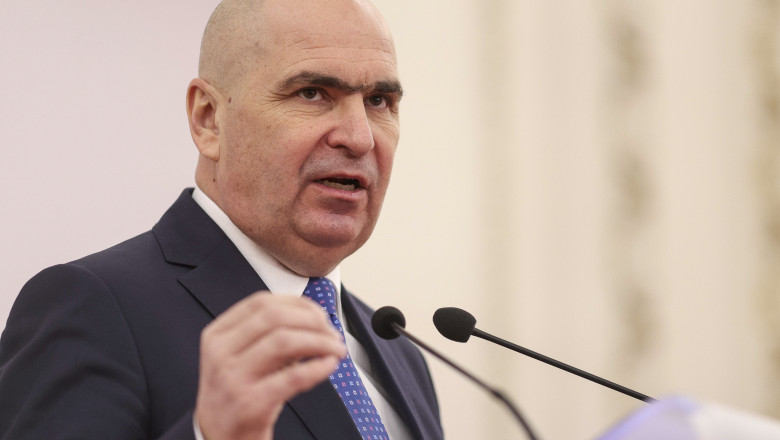
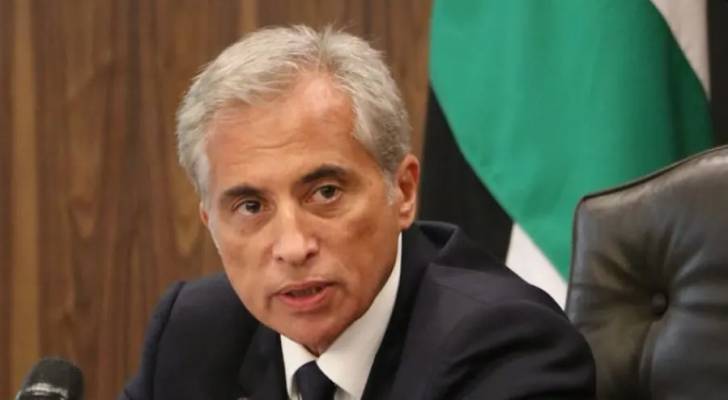


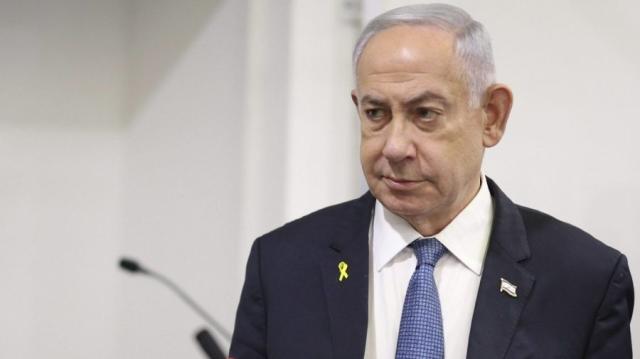


.jpg)
